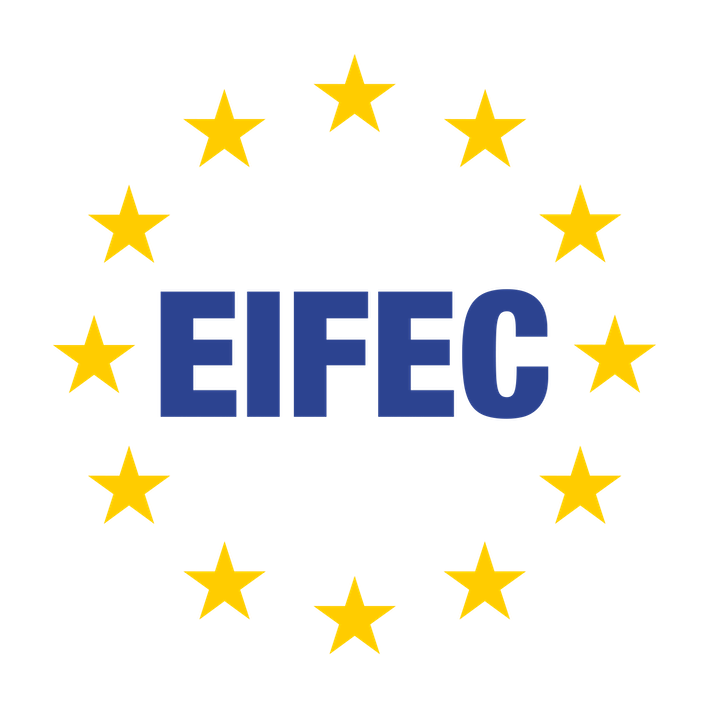RUSSIAN FEDERATION
Compliance Initiative
SANCTIONS:
19th Package, October 23, 2025
EU Adopts 19th Sanctions Package Against Russia and Belarus (October 23, 2025)
On 23 October 2025, the European Union adopted its 19th package of restrictive measures against the Russian Federation.
The new measures reinforce the EU’s long-standing commitment to limit Russia’s capacity to finance and sustain its war of aggression against Ukraine. This new step builds on previous sanction rounds by introducing structural energy restrictions, tighter financial controls, and extended anti-circumvention mechanisms targeting third-country operators
Key Elements
1. Energy Sector — LNG Import Ban
For the first time, the EU bans the import of liquefied natural gas (LNG) from Russia.
- Spot contracts will terminate within six months.
- Long-term contracts will expire no later than 1 January 2027
This measure aims to phase out one of the last remaining
channels of Russian energy revenue into the EU
2. Oil Price Cap Adjustment
The existing crude oil price cap is lowered to USD 47.6 per barrel, representing a dynamic threshold set 15 % below the global market average.
The mechanism will automatically adjust monthly, ensuring continued effectiveness.
3. Financial Sector and Third-Country Facilitation
Sanctions expand to Russian state-owned banks and foreign financial institutions enabling circumvention.
Crypto service providers are now explicitly prohibited from offering services to Russian nationals or entities.
4. Technology and Dual-Use Goods
New export bans cover semiconductors, optics, precision instruments, and industrial machinery with potential military applications.
This extends the EU’s previous “dual-use plus” regime.
5. Maritime Transport — Shadow Fleet
More than 150 vessels identified as part of Russia’s “shadow fleet” are now subject to port-entry bans and asset freezes.
6. Individuals and Entities
The package adds 68 individuals and 52 entities, including members of the military-industrial complex, logistics operators, and persons involved in the deportation of Ukrainian children.
7. Diplomatic Restrictions
Travel limitations have been imposed on selected Russian diplomatic personnel within the Schengen area.
Strategic Impact
This 19th package marks a qualitative shift in the EU’s sanctions architecture:
- It targets energy flows—historically excluded from full sanctions—thereby cutting off strategic revenue sources
- It strengthens enforcement through secondary measures applicable to third-country operators.
- It harmonises with U.S., U.K., and G7 frameworks to ensure global coordination.
The European Commission estimates that the cumulative impact of the 18th and 19th packages could reduce Russia’s convertible-currency revenues by 30–40 % within the next year.
DOWNLOADS
COMPLIANCE NOTE
- Review and update your Enhanced Due Diligence (EDD) procedures.
- Verify products, especially those listed in Annex VII and Annex XXIII.
- Apply increased due diligence for exports to countries bordering Russia or known as transshipment points.
As with previous packages, EIFEC reminds all stakeholders—public bodies, companies, and compliance officers—to review their exposure under the EU Export Compliance Framework (EU-ECF) and ensure consistency with the EC1001:2020 Standard.

